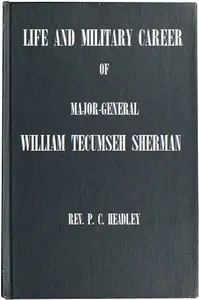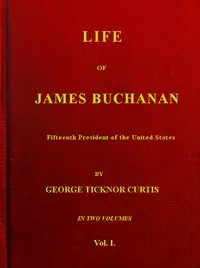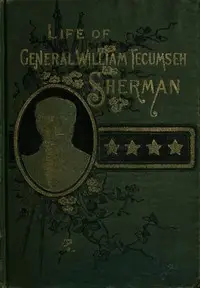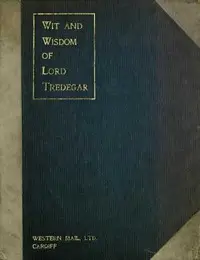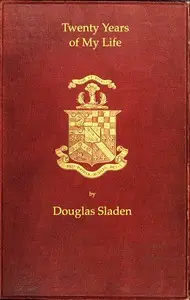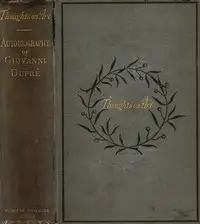"Portrait and Biography of Parson Brownlow, The Tennessee Patriot" by William Gannaway Brownlow is a nineteenth-century biography about William G. Brownlow's life. It tells the story of his early life as a Methodist preacher and his growth into a political leader and newspaper editor. The account emphasizes Brownlow’s strong dedication to the Union during the Civil War. It highlights his powerful anti-Confederate writings, his arrest and imprisonment for his beliefs, and his bravery in the face of great danger. The biography demonstrates his unwavering loyalty, his fight for freedom of speech through his newspaper, and his huge personal sacrifices during one of the most divisive periods in American history.
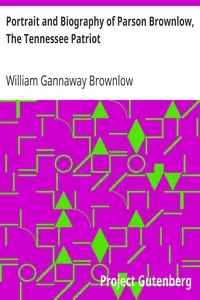
Portrait and Biography of Parson Brownlow, The Tennessee Patriot
By William Gannaway Brownlow
Imprisoned for his beliefs and unwavering loyalty to the Union, one man's story reveals the cost of patriotism during the Civil War.
Summary
About the AuthorWilliam Gannaway "Parson" Brownlow was an American newspaper publisher, Methodist minister, book author, prisoner of war, lecturer, and politician who served as the 17th governor of Tennessee from 1865 to 1869 and as a United States Senator from Tennessee from 1869 to 1875. Brownlow rose to prominence in the late 1830s and early 1840s as editor of the Whig, a polemical newspaper in East Tennessee that promoted Henry Clay and the Whig Party ideals, and also that repeated Brownlow's opposition to secession by the southern slave states in the years leading up to the American Civil War. Brownlow's uncompromising and radical viewpoints made him one of the most divisive figures in Tennessee political history and one of the most controversial Reconstruction Era politicians of the United States.
William Gannaway "Parson" Brownlow was an American newspaper publisher, Methodist minister, book author, prisoner of war, lecturer, and politician who served as the 17th governor of Tennessee from 1865 to 1869 and as a United States Senator from Tennessee from 1869 to 1875. Brownlow rose to prominence in the late 1830s and early 1840s as editor of the Whig, a polemical newspaper in East Tennessee that promoted Henry Clay and the Whig Party ideals, and also that repeated Brownlow's opposition to secession by the southern slave states in the years leading up to the American Civil War. Brownlow's uncompromising and radical viewpoints made him one of the most divisive figures in Tennessee political history and one of the most controversial Reconstruction Era politicians of the United States.

